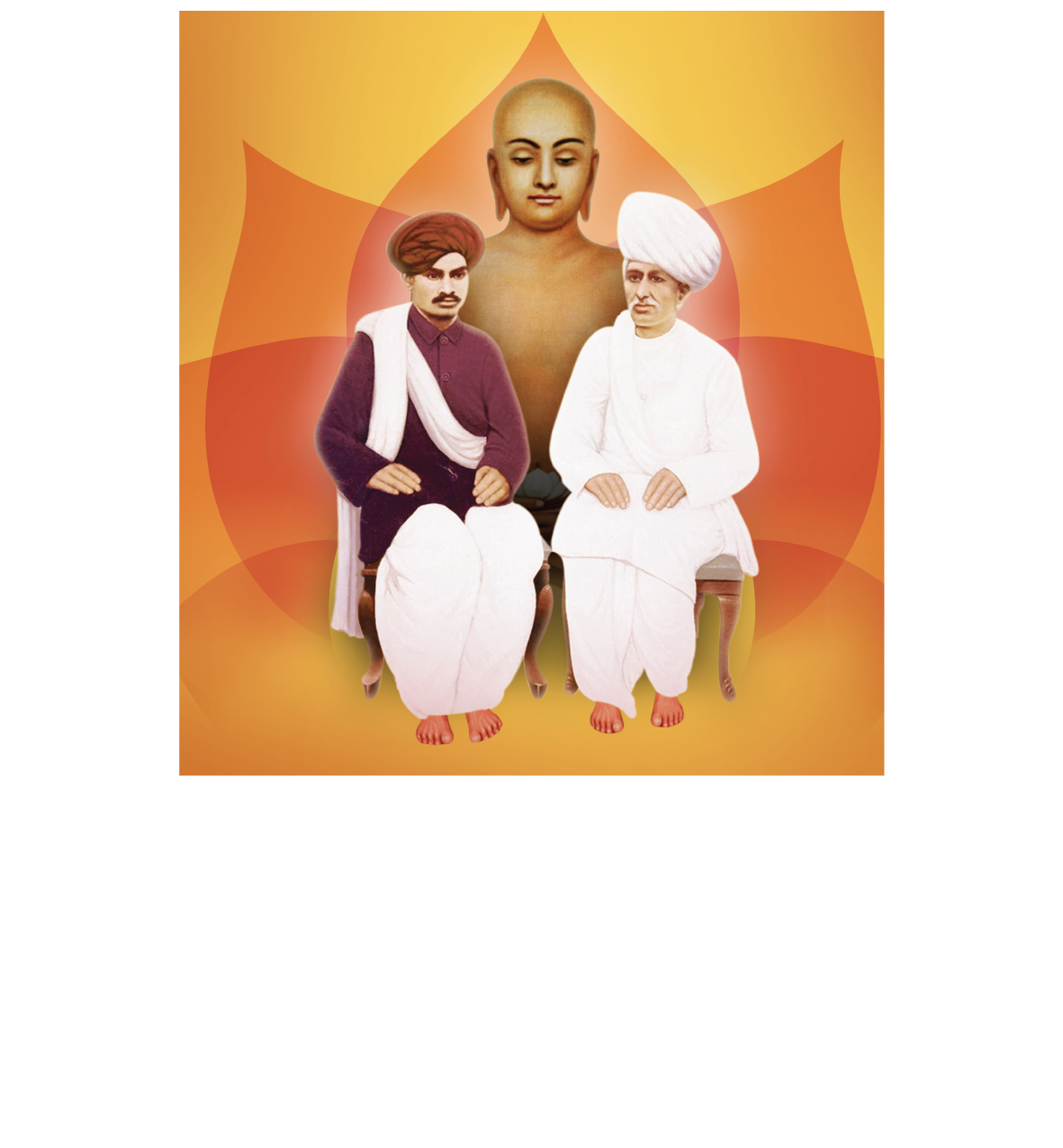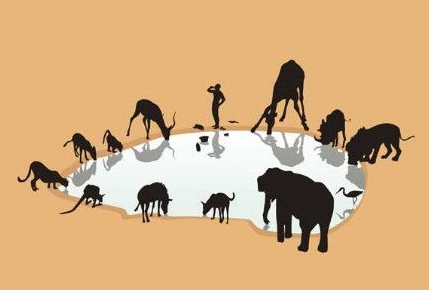Using Water Wisely
““We never know the worth of water till the well is dry””
Water Crisis
Imagine living one day without water. No water to shower, flush the toilet, or wash our clothes. No water to make tea or coffee with or even to drink. Hospitals would shut down without water. Firefighters couldn't put out fires and farmers couldn't water their crops. This sounds like a scene from a horror film and yet, communities in every continent around the world are living this reality, and worse.
For many families, water is the biggest daily priority. It usually falls to women and children to take responsibility for collecting water instead of managing the home, earning income, or going to school. They walk for miles, carry heavy containers, wait for hours and pay exorbitant prices due to a lack of choice. The work is backbreaking and all-consuming. Despite all their efforts the water they get is often contaminated, causing sickness and death. Every 90 seconds, a child dies from a water-related disease.
Many of us may never have to struggle in this way but the truth is, we are currently in the midst of a global water crisis. The World Economic Forum has announced water shortages as the #1 global risk to society. This crisis has impacted both developed and developing countries. Most of us have either personally experienced this crisis in smaller ways or know someone who lives in a water-stressed area.
You are probably thinking, “But, our big beautiful blue planet is…. so blue!”
So only 1% of the water on Earth is available to fulfill the needs of 7 billion humans and the billions of other animals and plants that share this home with us.
This short video gives a quick explanation of how and why this already scarce resource is under severe stress from our present consumption habits.
Why should we care?
We are not only global citizens but also spiritual seekers, with a responsibility to minimise any negative impact on the lives of other living beings. It is imperative that we develop a deeper appreciation for water, recognise its importance in the development of healthy and happy communities, and learn to use it as a precious resource.
So what can we do to make this situation better? ...
Let's move to ACTION
Charity truly does begin at home and as we learned from the video, even though our direct personal usage of clean water amounts to 8% of the total usage, we really are “drinking our home” through our consumption of the products of agriculture and industries. While significant changes are needed in the way we manage water as a society, the first step to conserving this “elixir of life” starts with changing our habits in our homes - being mindful in our baths, gardens, kitchens and dining tables.
In the bathroom:
5 min showers: every minute in the shower uses an extra 25-30 litres of water.
Toothbrushing: we can turn off the tap and use a glass of water to dip into instead.
Hair conditioning: instead of using a conditioner in the shower, try a leave-in conditioner!
Replacing shower heads with eco-efficient ones (also known as “Low-flow”) use 60% less water
If you are updating your toilets you can also get eco-efficient toilet flushes.
Check for leaks and fix them (You can use a bit of food colour in your flush tank. If it comes into your toilet bowl without flushing then you know you have a leak.)
Mindful cooking:
When boiling water for tea or coffee, measure out the cups you actually need and pour the correct amount into your kettle or pot (rather than filling directly from the faucet)
When you are cooking in a pot, cover it. It will cook faster, saving water and energy.
Washing fruit and veg in a bowl rather than under a running tap can save water
When washing the dishes, learn (or train your domestic helpers) to use less water
If you like drinking cold water keep a jug in the fridge, so you don’t have to run the tap for a long time to get cold water.
Watering plants:
Leftover water from the kitchen can be saved to serve household plants or thirsty birds.
Using a watering can instead of a hosepipe can save thousands of liters of water.
The best time to water your yard is in the early morning or late evening when it is cool outside, so it doesn’t evaporate straight away.
Hidden consumption in food:
All food requires water to grow, so plan your meals carefully to prevent food waste.
Animal products such as dairy are even more water-intensive: producing just 1 litre of cow milk takes an average of 1000 liters of water.
For the kids:
Play this game to learn how not to become a Sog-osaurus or a Drain-iac when you grow up!
Resolution
Let us make a pact with each other to stop wasting water, like these boys:
We might be a tiny speck in the ocean of the universe but we have enormous footprints. We have to change as people. In time, these small changes in our personal habits, powered by compassion and knowledge, will lead to a transformation in the fabric of our society. Such is the power of maitri.
મૈત્રીભર્યા પગલાં – પાણીનો સદુપયોગ
““પાણીની સાચી કિંમત ત્યારેજ જણાય છે કે જ્યારે કૂવાઓ સુકાઈ જાય છે.””
આ આધુનિક જગતમાં જ્યાં વિજ્ઞાન આટલું આગળ વધ્યું છે છતાં, કેટલાંયે મનુષ્યો આ પૃથ્વી પર પાણીની અછતનું દુઃખ ભોગવે છે. પુરુષો કામે જાય ત્યારે ઘરની મહિલાઓ અને બાળકો પાણી ભરવામાં રોકાય રહે છે. દૂર દૂર સુધી ચાલીને માથે ભાર વેઠીને પાણી ભરી લાવવું પડે છે. પાણી ભરતી વખતે અડધો કલાકથી વધારે લાઈનમાં ઊભા રહેવુ પડે છે અને પછી પણ જે પાણી આવે છે તે દૂષિત હોય છે તેને કારણે જીવો રોગનો ભોગ બને છે.
પૂર્વના પુણ્યના કારણે આપણામાંના કોઈ આવા દુઃખભર્યા અનુભવમાંથી પસાર થતું નથી, છતાંયે સંવેદનાત્મક હદય ધરાવતા આપણે, પાણીના વપરાશ વખતે ખુબ કાળજી રાખીને તેનો દુરુપયોગ ન થાય એ ધ્યાન રાખવું જોઈએ.
પાણી વગરના એક દિવસની કલ્પના તો કરો ? ન પીવા માટે પાણી છે, કે ન ચા કોફી બનાવવા માટે. ન નહાવા માટે કે, ન બાથરૂમમાં ફ્લશ માટે. પાણી વગર કપડાં કેમ ધોઈ શકાય ? ક્યાંય પ્રચંડ આગ લાગી હોય, તો તેણે ઠારવી કેમ? પાણી વગર હોસ્પિટલમાં રહેલા દર્દીઓનું ધ્યાન કેમ રખાય ? ખેતરમાં પાણી વગર પાક કેમ ઊગે ? જેમ શ્વાસ વગર જીવન નથી તેમ પાણી વગર પણ જીવન નથી. આપણાં માટે ભલે આ કલ્પના હોય પણ દુનિયાના ઘણાં પ્રદેશોમાં રહેતા મનુષ્યો અને પશુપક્ષીઓ માટે આ નરી વાસ્તવિક્તા છે. આપણાં સહુની એ નૈતિક ફરજ છે કે, કુદરતે આપેલા આ અમૃતને જવાબદારીપૂર્વક વાપરીએ.
શું તમે જાણો છો ?
આ પૃથ્વી પર જેટલું જળ છે તેમાંનું એક ટકાથી પણ ઓછું આપણે વાપરી શકીએ એમ છીએ. બાકીનું બધું કાં તો ખારૂં છે અને કાં તો બરફ છે.
આ પૃથ્વી પર દશમાંથી એક મનુષ્ય એવો છે કે, જેને જીવન જરૂરિયાત માટે સ્વચ્છ પાણી પણ મળતું નથી.
આફ્રિકા તેમજ એશિયાના ઘણા પ્રદેશોમાં આજે પણ પાણી લેવા માટે છ કિલોમીટર ચાલવું પડે છે.
બહેનો અને દિકરીઓએ પાણી ભરવા માટે દિવસના છ કલાક આપવા પડે છે.
દર નેવું સેકન્ડે એક બાળક પાણીથી ઉત્પન્ન થતા રોગોનો ભોગ બને છે.
વિશ્વની આર્થિક ફોરમે પાણીની અછતને સૌથી મોટો ભય જણાવેલ છે.
પાણી બચાવવા માટે આપણે સૌએ નક્કર પગલાં લેવા પડશે.
કુદરત પાસેથી પાણી જેવી અનેક અમૂલ્ય ભેટો આપણને મળી છે કે, જેના આધારે આપણું જીવન ટકી રહેલ છે. કૃતજ્ઞભાવે આપણે તેના ઋણી રહેવું જોઈએ પણ અણસમજુ એવા આપણે તેના પ્રત્યે નિર્દયતાપૂર્વક વર્તીએ છીએ.
ભલે ! આ પૃથ્વી પર આપણું અસ્તિત્વ તણખલા જેટલું હોય પણ આપણે બધાં જો સમજણપૂર્વક જીવન જીવશું, આપણી ખોટી આદતો અને પધ્ધતિઓને બદલશું તો જે કાંઈ આ પૃથ્વીએ ખોયું તે આપણે પાછું મેળવી શકીશું. માટે આપણે બદલાવું જ રહ્યું.
અમલમાં મુકો
બાથરૂમ, રસોઈઘર તથા ગેરેજના વપરાશમાં આવતા જળને બચાવવા માટે આપણે આપણાં ઘરથી જ શરૂઆત કરવી જોઈએ.
બાથરૂમની અંદર:
૧) હું જયારે દાંત સાફ કરતો હોઉં છું ત્યારે પાણી ગ્લાસમાં લઈને કરું તો ઘણું પાણી બચશે.
૨) શાવરમાં નહાવાને બદલે બાલટીમાં પાણી ભરી નહાવું.
૩) માથું ધોતી વખતે લીવ ઇન કન્ડીશનર વાપરું.
રસોઈઘરમાં પાણીનો બચાવ:
૧) ચા મુક્તી વખતે કપમાં માપીને પાણી ભરવું.
૨) તપેલામાં પાણી ગરમ કરો ત્યારે ઉપર છીંબુ ઢાંકવું.
૩) શાકભાજી તથા ફળને વાસણમાં પાણી ભરીને ધોવા. ખુલ્લા નળ નીચે નહિ.
૪) વાસણ ધોતી વખતે બાલટીમાં પાણી ભરી ધોવા. ખુલ્લા નળ નીચે નહિ.
ઝાડપાનને પાણી પાવા સમયે પાણીનો બચાવ:
૧) દરરોજ માટલું ધોતી વખતે આગલા દિવસનું બચેલુ પાણી ઝાડપાન તેમજ પક્ષીઓને પીવા માટે વાપરવું.
૨) ઝાડપાનને પાઈપ દ્વારા પાણી ન પાવું પણ બગીચાની ડોલમાં પાણી ભરી વાત્સલ્ય સાથે દરેક છોડને પાણી પીવડાવવું.
૩) કાં તો વહેલી સવારના અને કાં તો સંધ્યાએ છોડને પાણી પીવડાવવું. કે, જેથી સૂર્યની ગરમીથી તે પાણી સૂકાઈ ન જાય.
પરોક્ષ રીતે પાણીનો બચાવ:
૧) ગાયના એક લીટર દૂધ માટે હજાર લીટર જેટલું પાણી વાપરવામાં આવે છે.
૨) ખેતીમાં પણ ખુબ પાણી જોઈતું હોય છે, તેથી ખાતી વખતે કશો જ બગાડ કરવો નહિ.
૩) ખેતીમાં ટપક પદ્ધતિથી પાણી પાવું.



















